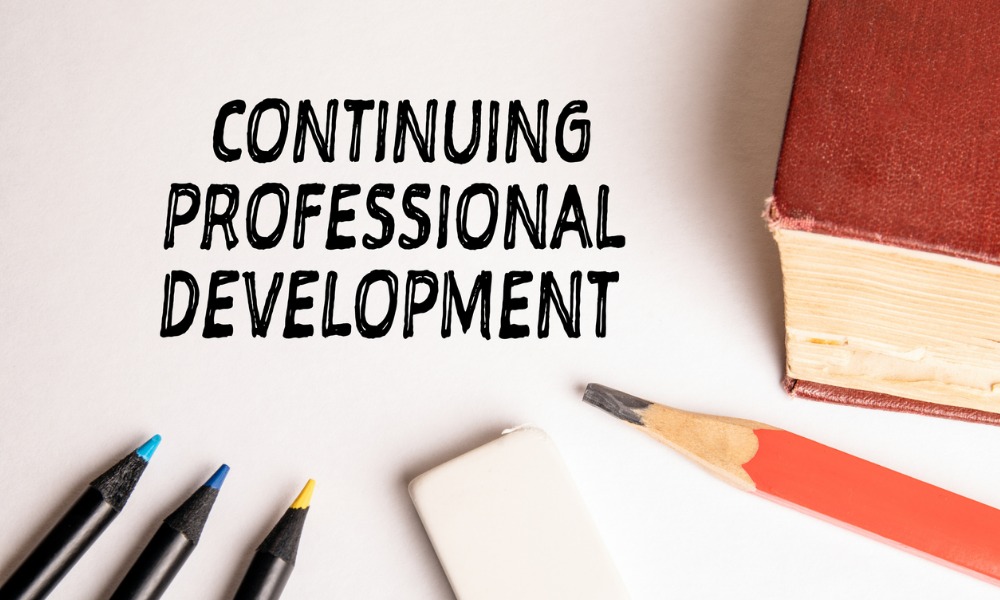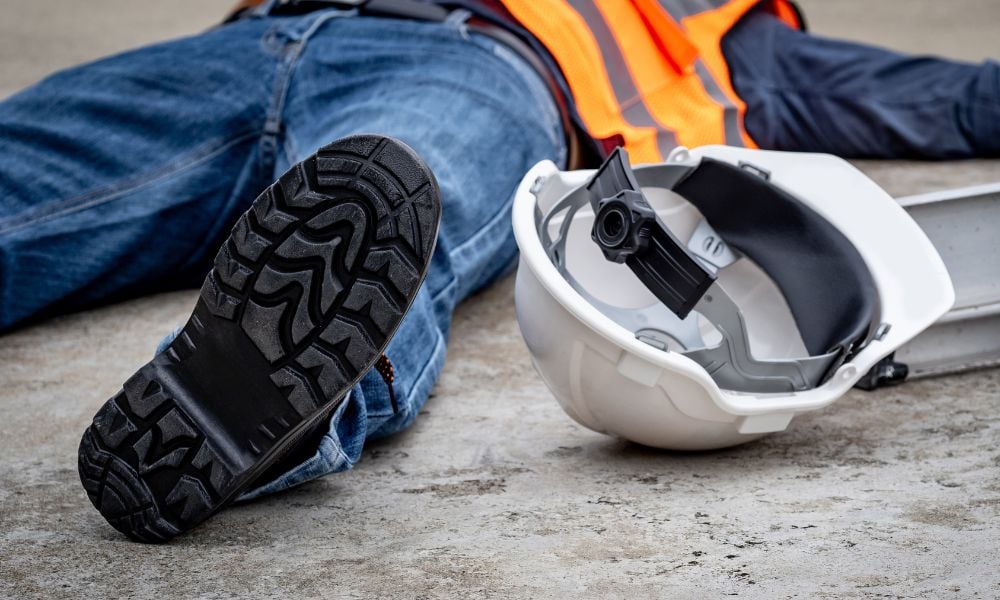The BCRSP promotes lifelong learning in the safety industry with a range of certification programs dedicated to best practices, ethics and career advancement

This article was produced in partnership with BCRSP.
The Canadian workplace is always changing as new technology, industries and regulations continue to shape where and how we work. Safety standards are always changing too – which means a career as a safety practitioner is a lifelong journey to acquire new knowledge and skills.
The BCRSP plays a key role in promoting lifelong learning in the safety profession. It requires certified professionals to comply with a mandatory continuous professional development program as part of a long-term commitment to encouraging the development of skills and competencies.
This need to keep updating skills will be on the minds of many Canadian safety experts attending this month’s Safety 23 conference hosted by the American Society of Safety Professionals in San Antonio.
Attended by safety professionals from all over North America, conferences like these highlight the instrumental role of safety professionals in ensuring workers are protected by the latest safety and regulatory requirements.
They are also an important reminder of the need to continuously update qualifications while networking with like-minded individuals in order to share information and gain a broader understanding of what’s at stake in the safety industry.
In Canada, the BCRSP sees a wide range of professional development undertaken by certified professionals as part of their continuous professional development (CPD) submissions. Founded in 1976, the BCRSP provides certification for occupational health and safety professionals, while promoting national safety standards for certification across Canada.
“Safety is one of those professions where you need to be a lifelong learner and the BCRSP plays a key role in Canada,” says Darrel Nickerson, Director, Health and Safety at Irving Forest Services. "You must show that you are developing your knowledge and skills, and it helps to reinforce this culture of learning.”
Updating skills and ethical standards
Through the Continuous Professional Development Program requirement, individuals certified by the BCRSP can keep pace with ever evolving changes in the Canadian safety industry.
BCRSP’s partner organizations such as the Canadian Society of Safety Engineering (CSSE), the Women in Occupational Health & Safety Society (WOHSS), and The Canadian Association for Black Health and Safety Professionals (CABHSP) offer a variety of professional development opportunities.
These providers, as well as a myriad of other educational institutions, associations, and employer-driven offerings, provide opportunities for BCRSP certification holders to obtain the latest skills and knowledge, and keep them updated on new trends.
Additionally, the INSHPO OHS Professional Capability Framework gives BCRSP certification holders access to sophisticated self-assessment solutions that can highlight areas that need improvement.
Beyond knowledge of the latest safety standards, certificants are also kept up to speed on ethical requirements and professional conduct. BCRSP certification holders must follow the BCRSP Code of Ethics & Professional Conduct, and complete regular ethics training as part of their CPD requirements.
The BCRSP has developed an Ethics Program and Provider Standard for organisations and individuals who want to provide ethics training that certified professionals can use to maintain their BCRSP certification.
Safety standards cannot remain static. Continuous professional development programs play a key role in ensuring these standards reflect the changing landscape of occupational health and safety in Canada.
Through the BCRSP’s program of continuous learning, safety professionals can stay abreast of the latest best practices, legislative changes, and innovations in safety technology.
Building confidence
Organisations like the BCRSP also play important roles beyond ensuring the highest safety standards. They are key to building confidence and expanding professional networks as safety experts develop their careers.
By keeping up to date with the latest standards, trends, and regulatory requirements, BCRSP certificants acquire the knowledge and confidence to perform their jobs more effectively, remarked Stephanie Benay, Director, Safety at BC Hydro.
“The more I know and understand around occupational health and safety, how businesses operate, human behavior and leadership, the better support I can provide to our front-line employees, the teams I lead and the executive team that trusts me to provide them with sound guidance.”
Confidence is essential in an industry where professionals are often faced with critical decisions that can impact the safety and wellbeing of others.
The more knowledge and skills safety professionals gain, the more capable they become in handling safety issues, implementing effective safety measures, and leading teams.
Confident leaders can drive the adoption of robust safety practices, foster a culture of safety, and ensure compliance with safety regulations.
The Benefit of Networking
Networking plays a key role in nurturing both the knowledge and career opportunities of safety professionals.
These interactions can foster collaborations, mentorship opportunities, and the exchange of ideas -- all of which can contribute to a professional's growth and the overall progression of the safety industry.
“Most safety people are generalists,” Nickerson says. “So you need to build a network where you can gain different perspectives and experiences.
“You don’t need to be the smartest person in the room, you just need to know who they are -- and I usually find them through the BCRSP.”
BCRSP certification holders learn from each other’s experiences, discuss common challenges, and discover innovative solutions. This network of peers is integral to a successful career.
Professional development is instrumental to the success of Canada’s constantly evolving safety industry.
By working to improve safety standards, ethical practices, and networking opportunities among safety professionals, the BCRSP plays a central role in ensuring the country adheres to the best possible practices and creates Canadian workplaces that are safer and healthier for everyone.





